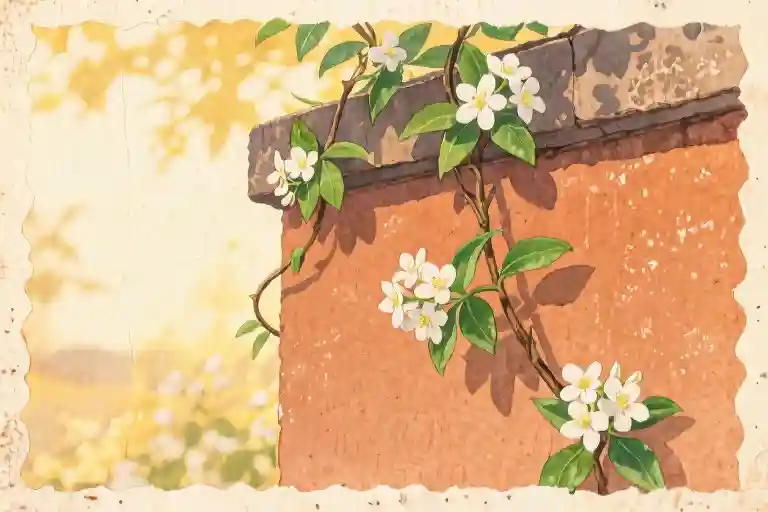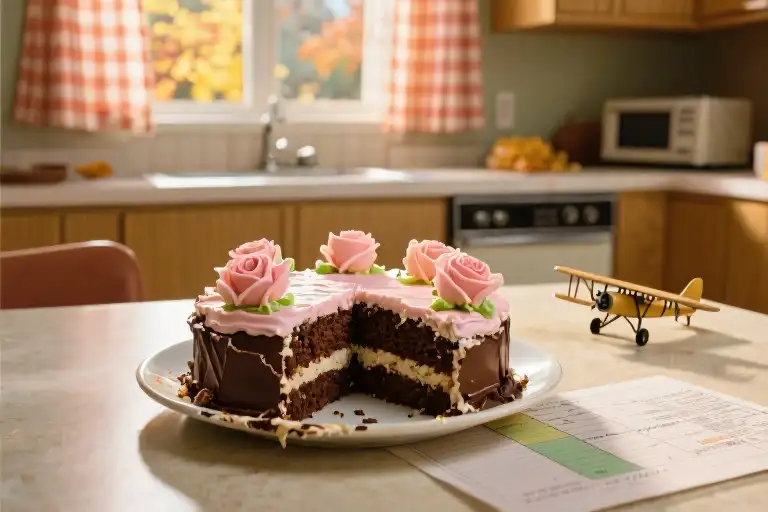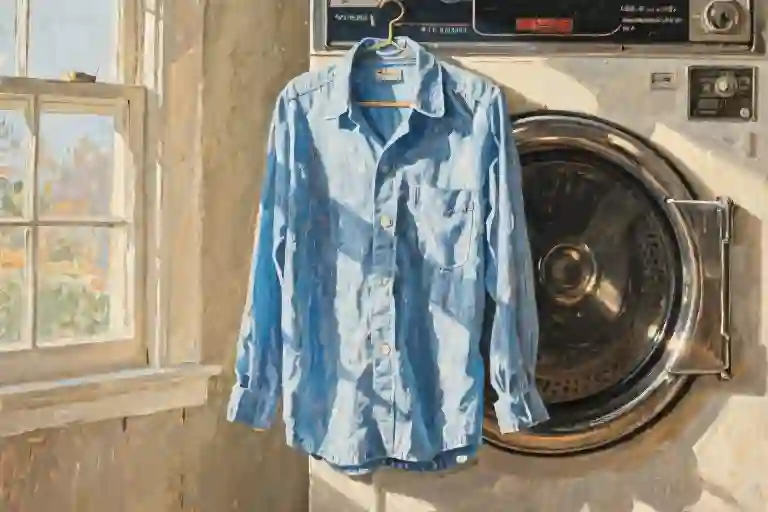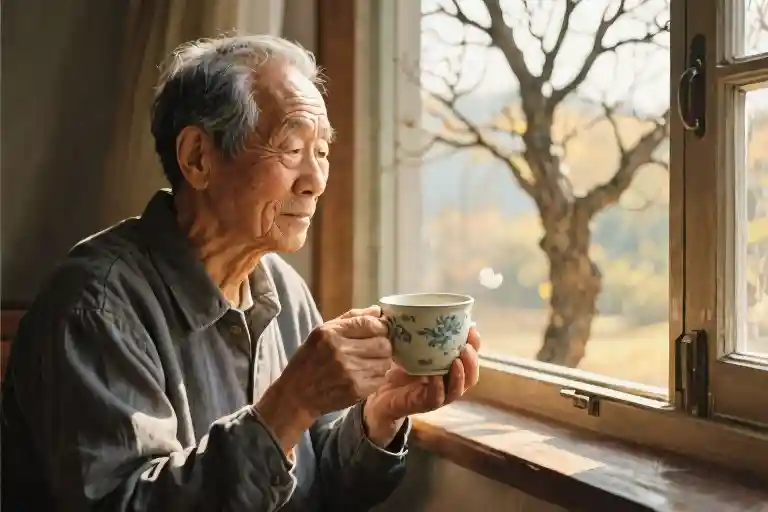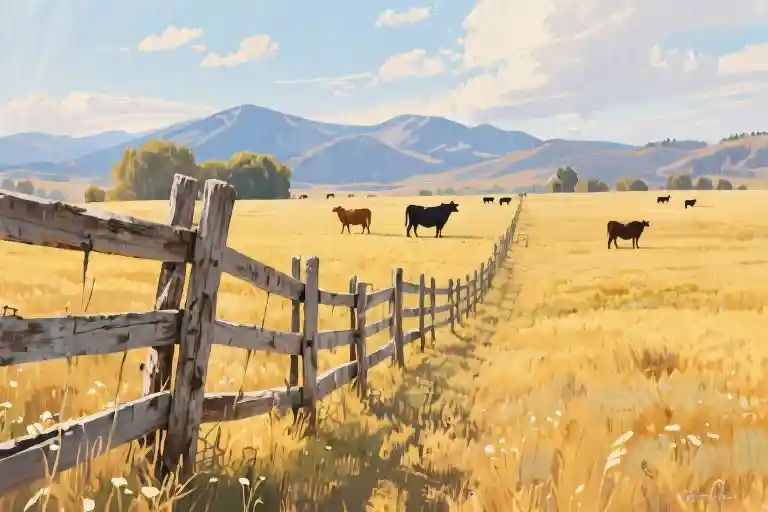The pale white saree clung to my mother like a second skin that morning, its fabric whispering of traditions I wasn’t ready to understand. When the priest’s chanting faded, I looked down at my hands and saw them splinter—not physically, but in some irreversible way that left my younger self scattered across the funeral pyre’s smoke. They called her Jue, that version of me who still believed in jasmine-scented solutions to fire-stained problems.
Fifteen years later in an Oman souk, my fingers brushed against a postcard with edges curled like dried flower petals. The stamp bore a flame motif that made my throat tighten. I almost didn’t send it. What could I possibly write to someone who remembered our father’s laughter but not the broken bottles? Who still wore imaginary jasmine garlands while I’d spent years scrubbing the scent from my skin?
The reply came on stationery that smelled faintly of sandalwood. No accusations, no demands—just the same quiet acceptance that had once infuriated me about her. I traced the handwriting that mirrored mine yet didn’t, wondering when exactly our paths diverged. Was it when I chose flight over her stillness? Or earlier, when we interpreted our name differently—she as the delicate blossom, me as the spark that refuses to be extinguished?
Sometimes at night, I catch myself composing mental letters to her. Not the polished confessions I mail, but raw questions that stick in my teeth: Do you still flinch at raised voices? Does your tea taste sweeter than mine? Most of all—when you dream of us playing in the courtyard, do you recognize either of the girls laughing there?
The Postcard from Oman
The postcard arrived in my hands like an artifact from another lifetime. Its edges were softened with age, the paper bearing the faint yellow tinge of forgotten drawers and abandoned suitcases. I found it tucked between the pages of an old cookbook in a Muscat flea market, its once-vibrant colors now muted by time. The stamp caught my eye first—a stylized flame against a crimson background, the kind my father used to collect before the bottles took over.
My thumb traced the creases where the card had been folded and refolded, each ridge mapping someone else’s indecision. The handwriting on the reverse side was unmistakable—that looping ‘J’ in Jue, the way the tail of the ‘e’ always curled upward like a question mark. I’d written this fifteen years ago, just after leaving home, addressed to the version of myself I’d locked away with our childhood photo albums.
Dust motes swirled in the Omani sunlight as I turned the card over. The image showed a jasmine vine climbing a stone wall, its white blossoms glowing against the terracotta. Someone had scribbled in the margin with fading ink: ‘Fire needs flowers too.’ The words sent a current through me—was that my father’s drunken philosophy or some stranger’s accidental wisdom?
I carried the postcard to a café by the harbor, where the salt air mixed with cardamom from nearby coffee pots. Three times I reached for my phone to photograph it; three times I stopped. This wasn’t something to be digitized and shared. The weight of it in my palm felt sacred, like holding a piece of broken pottery that might still reassemble into something whole.
The waiter brought mint tea in a glass so hot it burned my fingertips. I welcomed the sting—anything to distract from the tremor in my hands as I typed out a message to the email address Jue had used when we last spoke. ‘Found something of ours in Oman,’ I wrote, then deleted. ‘Remember when we—’ Backspace. The cursor blinked like a metronome counting the silence between us.
Across the table, a German tourist unfolded a crisp new map, its corners sharp as accusations. My postcard seemed to pulse in comparison, its worn edges testifying to all the years it had traveled unseen. What right did I have to dredge up old wounds now? Jue had made peace with our splintered family while I’d turned my fractures into armor. Would she even recognize the woman who drank black coffee and quoted Nietzsche at parties?
The harbor bells chimed five o’clock, their bronze notes vibrating in my ribcage. Somewhere between the second and third toll, I pressed send on a message containing only the words: ‘The jasmine still grows here.’ Then I tucked the postcard into my wallet, where it would leave orange dust on every bill like tiny, persistent reminders.
Jasmine or Fire: The Name
Names carry weight in our family, like heirlooms wrapped in contradictions. My younger self chose to be called Jue—a syllable that curled differently on my parents’ tongues. In my mother’s Tamil, it meant jasmine, those small white blossoms she’d string by the window to mask the smell of whiskey. Purity, her hands seemed to say as she braided the flowers, fragility.
But my father, in his drunken Hindi, would laugh and call it fire. \”Only sparks create anything worth keeping,\” he’d slur, lighting another cigarette over the ashtray of failed manuscripts. The same hands that trembled holding a glass could sketch breathtaking landscapes when sober—three days a year. I inherited his restless fingers, always tapping, always burning.
Jue was neither and both. She folded origami cranes while waiting for him to come home, her creases sharp as promises. She hummed Carnatic scales to drown out arguments, a human buffer between their silences. When social workers asked why she never raised her voice, she’d offer them jasmine tea—steeped too long, bitter underneath the sweetness.
Now, signing that postcard to her, I hesitated over the J. My signature these days is all angles, a far cry from her looping cursive. The fire took over: I write deadlines in red ink, argue with editors, drink black coffee like it’s punishment. Yet some nights, crushing dried jasmine petals for tea, I catch myself breathing in like she taught me—four counts in, seven holds, eight releases.
The reply came on paper that smelled of camphor. You kept the matches but forgot how to light lamps, she wrote. Not an accusation, just an observation. Her letters still curve like flower stems.
Maybe names aren’t destinies but choices. That day in 2010, watching my mother’s white saree flutter like a surrender flag, I chose the fire—because rage felt cleaner than grief. But here’s the secret: embers need tending too. Tonight, I’ll brew her jasmine tea. Let it steep. Wait for the bitterness to soften.
The Saree and the Silence
The white saree hung limp on my mother’s shoulders that morning, its pallor swallowing what little color remained in our house. Through the thin bedroom wall, I could hear the neighbors whispering—not condolences, but rules. “Widows don’t get colors,” Mrs. Iyer murmured to her daughter, the words seeping through the cracks like spilled turmeric powder staining marble floors.
Jue stood by the doorway, her small fingers tracing the saree’s border where gold thread had once danced during festivals. She didn’t protest when Auntie draped an identical white cloth over her own childhood photo frames. I found her later in our shared bedroom, carefully wiping dust from a picture of mother in her wedding red—a forbidden hue now—while I tore my baby photos from albums, shredding any image where fabric looked too vibrant.
There was something unbearable about how Jue moved through those days, accepting the white saree’s weight like it was simply another monsoonal rain. She folded mourning clothes with the same precision as school uniforms, while I left mine crumpled in corners, hoping their wrinkles might disguise their purpose. At night, I’d catch her breathing into her cupped hands, as if testing whether warmth could still exist in a world drained of pigment.
Fifteen years later, when the Oman postcard arrived with its foreign postmark bleeding blue ink, I realized Jue had kept things I’d tried to destroy. Her reply came wrapped in tissue paper—inside, a single pressed jasmine petal resting on a scrap of white cloth no bigger than a rupee coin. No letter, just this: a fragment of that stifling silence we’d worn like second skin, now softened by time and distance.
The neighbor’s decree had been wrong about one thing. Widows might surrender their colors, but daughters inherit all the shades they bury. Jue carried our mother’s quiet endurance in her bones, while I wore our father’s fiery defiance like armor. Yet her parcel suggested what I’d refused to see—white isn’t the absence of color, but the presence of all light combined.
When I hold that scrap of fabric against my black coffee-stained desk today, I wonder if healing begins when we stop fighting what we’ve carried and start asking better questions. Not “why did we have to wear this?” but “what else might it become?” The saree’s threads still bind us, Jue and I, but perhaps now we’re weaving different patterns with the same silences.
A Letter from the Past
The reply came on stationery that smelled faintly of sandalwood, the edges softened by time. Jue’s handwriting hadn’t changed—those rounded letters that always looked like they might dissolve into the paper. You kept the fire, she wrote, but forgot it needs jasmine to smell like home.
Her words landed differently than I’d anticipated. There was no accusation in her tone, only that quiet observation she’d always been so good at. The kind that made you stop mid-breath. I traced the indentation of her pen strokes, remembering how she’d press too hard when nervous, leaving braille-like patterns on the back of every page.
Do you remember the way Appa would hum when fixing his radio? she continued. That was fire too—just slower burning. She’d always seen what I refused to. Where I remembered shattered bottles and slurred arguments, Jue recalled the man who could repair anything with those nicotine-stained fingers. The contradiction stung. Maybe that’s why I’d left her behind—she carried memories that didn’t fit my anger.
At the bottom of the page, almost as an afterthought: Next time, send a jasmine petal with your postcard. The dried kind that crumbles when you touch it. No explanation, just that simple request hanging between us like the unfinished sentences we’d inherited.
I folded the letter along its original creases, noticing how perfectly it fit back into its envelope. Some part of me wanted to tear it, to prove I wasn’t that obedient girl anymore. But another part—smaller, softer—whispered that maybe tenderness and strength could share the same skin. The stationery scent lingered on my fingertips long after I put it away, a ghost of something I couldn’t quite name.
Will She Recognize Me Now?
The question lingers like the scent of jasmine left too long in a drawer – faint but unmistakable. Fifteen years of separation from Jue, that tender version of myself I abandoned at our father’s funeral, and still I find myself whispering to her ghost in unguarded moments. The irony doesn’t escape me – the woman who walked away from tradition now seeks approval from its embodiment.
Her reply came on stationery that smelled of sandalwood, the paper slightly translucent where her pen pressed too hard. No accusations, no dramatic reunions. Just the same careful handwriting I remembered from childhood diaries, looping the ‘y’ in ‘yesterday’ exactly as she did at fourteen. That consistency unsettled me more than anger would have. While I’d been reshaping myself through three countries and two divorces, some part of her remained intact.
We never discussed the white saree incident directly. Not in the way Western therapists would recommend, with their insistence on ‘processing.’ Instead, Jue wrote about the jasmine vine outside our childhood home – how it bloomed white the spring after father died, then never again. Typical of her to speak in symbols when emotions grew too large. I could almost hear her voice threading through the words: ‘You see? Some roots only flower after being cut.’
My fingers left smudges on the paper as I traced her closing line – ‘Fire cleanses, but remember what grows in the ashes.’ A signature, not with her name but a tiny drawing: one jasmine blossom touched by flame. The duality haunted me. That child who once folded her school uniforms with military precision now accepted contradictions with unsettling grace.
Sometimes at night, when the city sounds fade to a hum, I take out her letters and arrange them on the floor like tarot cards. They form no clear pattern, these fragments of my former self. The woman who drinks espresso black and negotiates contracts can’t reconcile with the girl who measured happiness by how many chapatis mother ate. Yet here we are, corresponding across time like estranged sisters.
Maybe that’s all reconciliation requires – not some grand reunion, but the courage to send wrinkled postcards into the past. To say: I remember you. I wonder about you. Do you still recognize me when I pass mirrors?
The jasmine scent on her stationery has faded now. But when I hold it to the light at certain angles, I swear I can see the ghost of that vine’s last blooming – white petals against dark soil, beautiful precisely because they couldn’t last.

